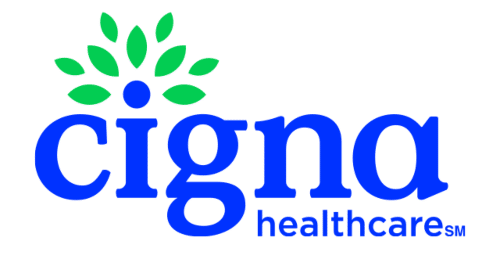If you’ve ever been in recovery, you’ll know that one of the toughest parts is pacifying your own mind.
After a period of drowning out the noise with alcohol and drugs, it comes back in full force once you’re sober. What are you meant to do with this sudden influx of feelings and emotions?
One way to help fight your way through the chaos is with journaling. A lot of treatment centers now advocate journaling as a recovery method — even if you’re not a writer it can be highly beneficial!
Find out everything you need to know about journaling in recovery in this guide.
What is Journaling?
At its simplest, journaling is a regular record of your thoughts, feelings, and the experiences you have every day. It’s entirely personal and you can be completely open and honest; no one ever has to read it! If you ever wrote a diary as a child, the two are not so dissimilar.
You don’t have to be good at writing to start journaling. In fact, you can write the whole thing without any punctuation if you want. It’s entirely up to you!
The aim isn’t to craft a work of art here, it’s to get the noise that’s in your mind down onto the page.
The Types of Journaling
There are few different types of journaling that you can try. Here’s a run-through of the most popular options.
A Dairy
This is the most simple form of journaling. All you do is write down the events of the day — every day if you can — and how they made you feel.
Evening Reflection Journal
This is similar to a diary but a little more in-depth. Every evening, you reflect on the events of the day and your part in them. You can consider your emotions, how you reacted to certain situations, and where you could have behaved differently for a more positive outcome.
Goal Journal
If you’re working towards something (like recovery!) a goal journal can help you stay on top of your goals and the actionable steps you’re taking to get there. The point is to keep you on track with progress and help you feel more motivated to achieve your goals.
Gratitude Journal
One of the best journals for self-care and creating a more positive mindset is a gratitude journal. Here, you write about the things you’re grateful for, preferably every day.
Benefits of Keeping a Journal
Journaling in recovery is a brilliant tool for understanding more about your thought patterns and helping to quiet the noise in your head. If you or someone you know is a recovering addict, it can be a powerful tool on the road to recovery. Let’s dive into some of the benefits.
Make Sense of Your Emotions
When detoxing, your emotions can feel like they’re all over the place. You’re happy, then you’re angry, and then you’re crying, and you have no idea why! By writing down your emotions, you can start to make more sense of them and understand where these intense feelings come from.
Spot Your Triggers
Everyone has triggers, not just those in a rehab center! But, for recovering addicts identifying those triggers is more important.
Your triggers are the things that cause intense emotions and could lead you towards relapse.
Triggers might include:
- Places
- People
- Objects
- Emotions
- Events
- Behaviors
By journaling, it’ll be much easier to spot, understand, and deal with these triggers.
Reduce Stress and anxiety
Journaling is one of the most therapeutic hobbies out there, especially for those in recovery. It’s well known for reducing stress and can leave you feeling calmer and more positive about situations that are making you anxious. Anyone in recovery programs will know how important reducing stress is.
The best way to relieve stress when journaling is by writing in detail about stressful events. Record what you’re worried about, the feelings you have when you think about the event, and what could go wrong. Then write about how you’d feel if the situation didn’t go wrong or was resolved.
Understand Yourself
A large part of recovery is simply understanding yourself better; It’s about:
- Knowing your triggers
- Understanding the root causes of your addiction
- Knowing what makes you happy
- Identifying what’s important to you in life
By journaling, you can talk to yourself. It’s an incredible tool for self-discovery and lets you delve deep into the roots of who you are. It can also help you to reflect and look at areas where self-growth is possible, letting you become someone that you love.
How to Start Journaling
Starting journaling is incredibly easy, making it accessible for a wide range of people! You can do it anywhere, at any time, and for however long you want to. All you need is a notepad and a pen to get started.
To get the most out of your journaling sessions, here are some tips:
- Set aside time specifically for journaling every day.
- Choose a private, safe space to journal that’s free of distractions.
- Keep a pen and paper on you throughout the day to make notes.
- Reflect on your journal entries every few days or once a week.
There really is no right or wrong way to journal, and these are tips, not rules! Just start yours and follow what feels comfortable to you; that’s the best way to get results.
What Next?
Journaling has tons of benefits, especially for people in recovery. If you or a loved one are suffering from addiction, definitely give it a go to see how it helps you!
But, journaling alone isn’t enough. Addiction is hard to overcome, and it usually needs specialist treatment to prevent relapse. Take a look at our Detox Programs at Costa Mesa to start seeking professional help.













